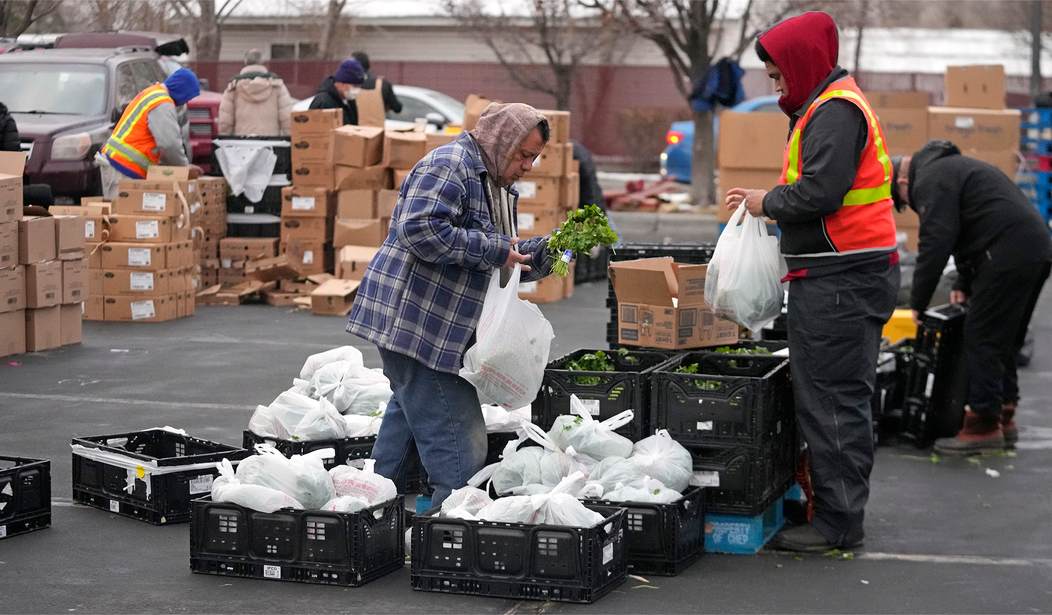With the current government shutdown approaching a record, and people (mainly Democrats) up in arms over the potential suspension of SNAP benefits for 42 million people, it demonstrates how dependent some Americans have become on the government for their daily bread.
No one, especially a conservative like myself, wants to see low-income families or children go hungry. However, this moment sheds light on something much deeper happening in our country: We’ve replaced community with bureaucracy and compassion with an entitlement mindset.
Before the 1930s in the United States, direct and systematic welfare was almost non-existent. The responsibility for helping the needy fell mostly to extended family, neighbors, churches, private charities, and local efforts.
Community self-help and bartering played a crucial role in assisting those in need. During the Great Depression, numerous examples exist of farmers donating food in exchange for labor. Service providers, such as dentists and carpenters, would exchange their services for goods.
It was neighbors helping neighbors. According to the CATO Institute, in 1927, all levels of government, federal, state, and local, spent $200 million on welfare, while private charities and churches provided over $1 billion in assistance to the poor. Before the modern welfare state, when a person lost their job, their first thought was not to go to the government and fill out a form; they went to their extended family, neighbors, or their church for help. That help came with accountability, rather than through a handout.
Studies have shown that when the government becomes the primary safety net for helping people in need, unfortunately, private and church charity dries up. I personally don't believe Americans have become less charitable; they simply believe the government is better equipped to take on that responsibility, so, in effect, compassion is outsourced to government bureaucracy.
SEE ALSO: SNAP Benefits Are About to Run Out. Is There an Opportunity Here?
Thank You, Chuck Schumer: USDA Says SNAP Benefits Will Run Out, With No Emergency Fund to Pull From
Today, the federal government, through SNAP benefits, provides food assistance to over 42 million people. That's one in eight Americans, or 12 percent of our population, who depend on the government to feed them. And because poor people no longer rely on their families, churches, and charities to help them, naturally, panic sets in.
Dependency occurs when a society relies on the government as its primary provider. It erodes personal responsibility and weakens the nation's moral fiber. Scripture tells us, “If anyone will not work, neither shall he eat.” (2 Thessalonians 3:10) That verse is not meant to be cruel; it's a warning that when people lose the incentive to participate, they lose dignity and have no right to depend on others for their sustenance.
When the government shuts down and suddenly millions panic and fear going hungry, that's not just a failure of Washington, but it's also a failure on us as Americans. Our Founding Fathers never intended the government to be our father, mother, and provider. The modern-day welfare state has expanded government while also shrinking some people’s capacity to be self-reliant. And that’s not a good thing long term.
Editor’s Note: The Schumer Shutdown is here. Rather than put the American people first, Chuck Schumer and the radical Democrats forced a government shutdown for healthcare for illegals. They own this.
Help us continue to report the truth about the Schumer Shutdown. Use promo code POTUS47 to get 74% off your VIP membership.












Join the conversation as a VIP Member